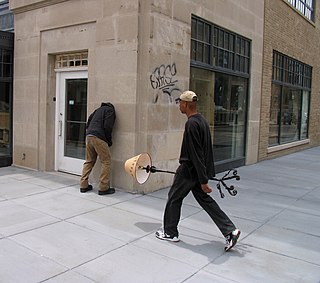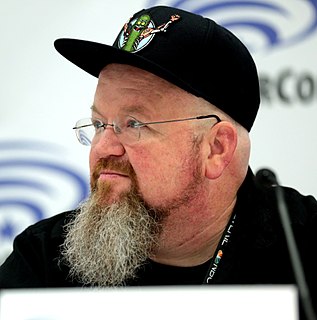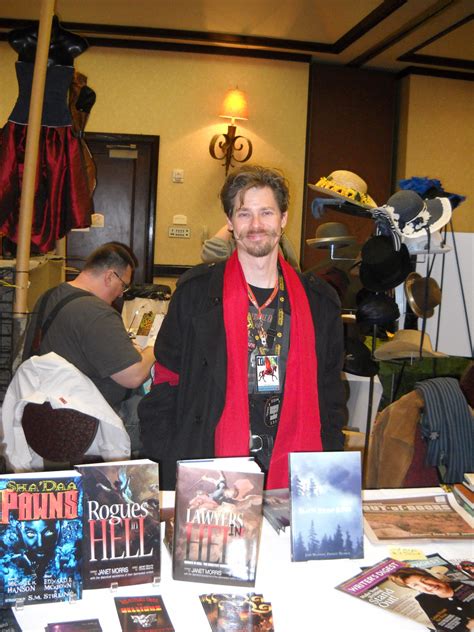A Quote by Richard Bach
We are each given a block of marble when we begin a lifetime, and the tools to shape it into sculpture. We can drag it behind us untouched, we can pound it to gravel, we can shape it into glory. Examples from every other life are left for us to see, lifeworks finished and unfinished, guiding and warning. Near the end our sculpture is nearly finished, and we can smooth and polish what we started years before. We can make our progress then, but to do it we must see past the appearances of age.
Related Quotes
Once I have the finished sculpture, I’ll put it out on the street or in nature or somewhere where it interacts with the environment. Really it’s kind of the idea of turning the street into a stage and this sort of urban theater has a life of its own. If you have creative drive, and you need to manifest it, then you need some sort of medium to do that through. For me, it worked out with sculpture, and tape just is a means of doing sculpture.
A writer - and, I believe, generally all persons - must think that whatever happens to him or her is a resource. All things have been given to us for a purpose, and an artist must feel this more intensely. All that happens to us, including our humiliations, our misfortunes, our embarrassments, all is given to us as raw material, as clay, so that we may shape our art.
I suspect that many of us, if given the chance to make one person in our lives love us more, would have no trouble in choosing where to point a finger. We are all needy, all vulnerable, all terrified that perhaps that person has an excellent reason to withhold affection. We shape our purposes to make ourselves worthy and often do not see until much later how it was love-or perhaps the lack of it-that both picked us up and dropped us off at crossroads.
And so we polish our own lives, creating landscapes and canyons and peaks with the very silt we try to avoid, the dirt we disavow or hide or deny. It is the dirt of our lives—the depressions, the losses, the inequities, the failing grades in trigonometry, the e-mails sent in fear or hate or haste, the ways in which we encounter people different from us—that shape us, polish us to a heady sheen, make us in fact more beautiful, more elemental, more artful and lasting.



































